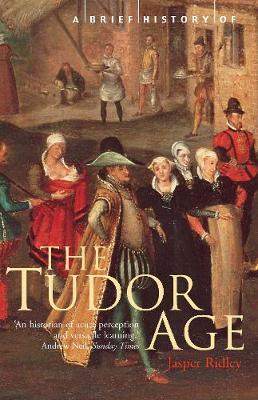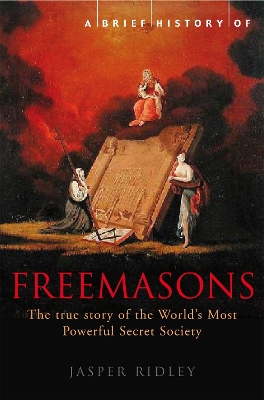Brief Histories
2 total works
The history of the Freemasons has often been shrouded in mystery and suspicion.
Since 1717, with the establishment of the Grand Lodge in London, the Freemasons have been a power within the nation, withstanding public disapproval and attacks, from the Catholic Church among others.
Throughout the last three hundred years, the Freemasons have been influential in some of the most important turning points in world history.
Jasper Ridley explores the role of the society in both the American and French Revolutions and whether Mozart's The Magic Flute was an expose of secret rituals. He reveals that Pushkin, Winston Churchill, Booker T. Washington, Clark Gable, Walter Scott, members of the royal family and at least sixteen US Presidents have all been Freemasons.

